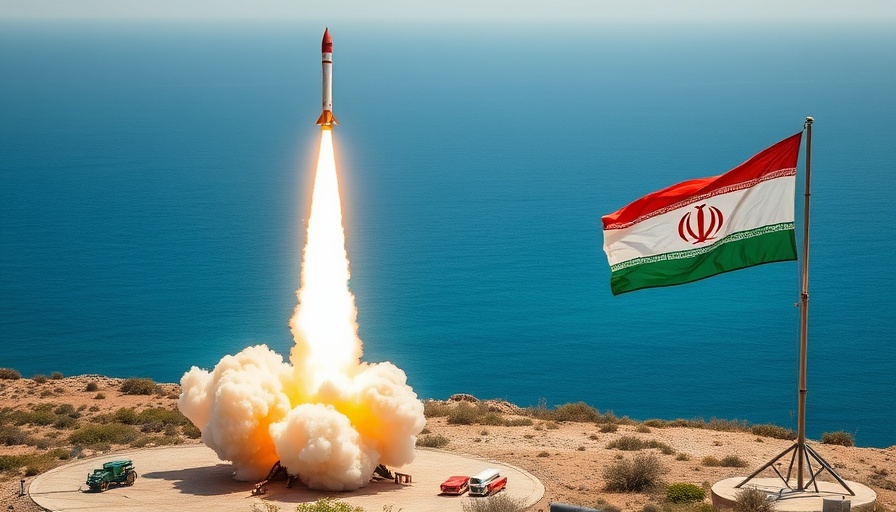
Why Khamenei’s Warning Matters to Global Peace
In an unsettling series of developments, Iranian Supreme Leader Ayatollah Ali Khamenei has faced increasing pressure from within his advisory circles to reconsider Iran's stance on diplomatic negotiations. Reports from senior officials suggest that their refusal to engage in talks not only risks exacerbating tensions with the United States and Israel but could also lead to military conflict. This situation demands our attention because the implications extend far beyond the Middle East and into global peace and security.
The Stakes: A Potential Military Conflict
The gravity of Khamenei's warnings cannot be overstated. His administration is navigating a perilous path that could lead to military confrontation, a scenario many hope to avoid. The potential for escalation highlights the urgent need for diplomatic solutions. Critics within Iran are raising alarm, arguing that continued refusal to engage in negotiations could be perceived as weakness, igniting further aggression from external forces.
The Importance of Dialogue for Christians and Peace Advocates
For Christians and advocates of social justice, the call for dialogue is critical not just for geopolitical reasons but for humanitarian ones as well. Understanding the historical context of conflicts involving Iran provides insight into why peaceful discussion is necessary. Bridging divides through diplomacy could alleviate suffering and pave the way for collaboration on pressing issues such as human rights and religious tolerance.
Your Role in This Global Discussion
This situation calls for engagement from individuals who care about peace, justice, and compassion. As a community, we must advocate for diplomatic dialogues and support movements that promote understanding among various faiths and cultures. By staying informed and participating in discussions, we play a role in shaping responses toward conflicts impacting vulnerable populations.
Next Steps: Engage and Advocate for Peace
As the world watches closely, Christians and social justice advocates can find common ground in the pursuit of peace. Following developments, advocating for peaceful negotiations, and praying for wisdom and discernment for leaders involved in this process are all important steps we can take. By fostering interfaith dialogue and collaboration, we contribute to global efforts that seek understanding amid turmoil.
 Add Row
Add Row  Add
Add 








Write A Comment